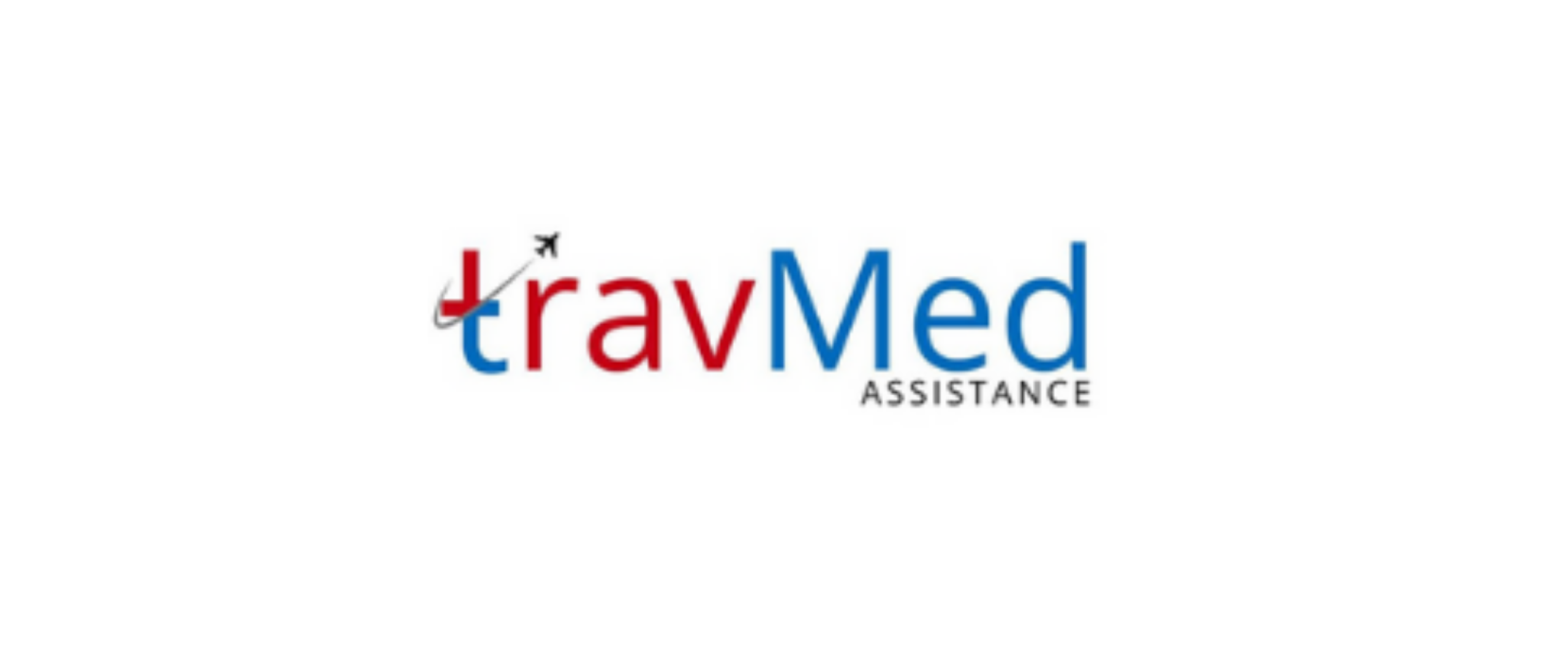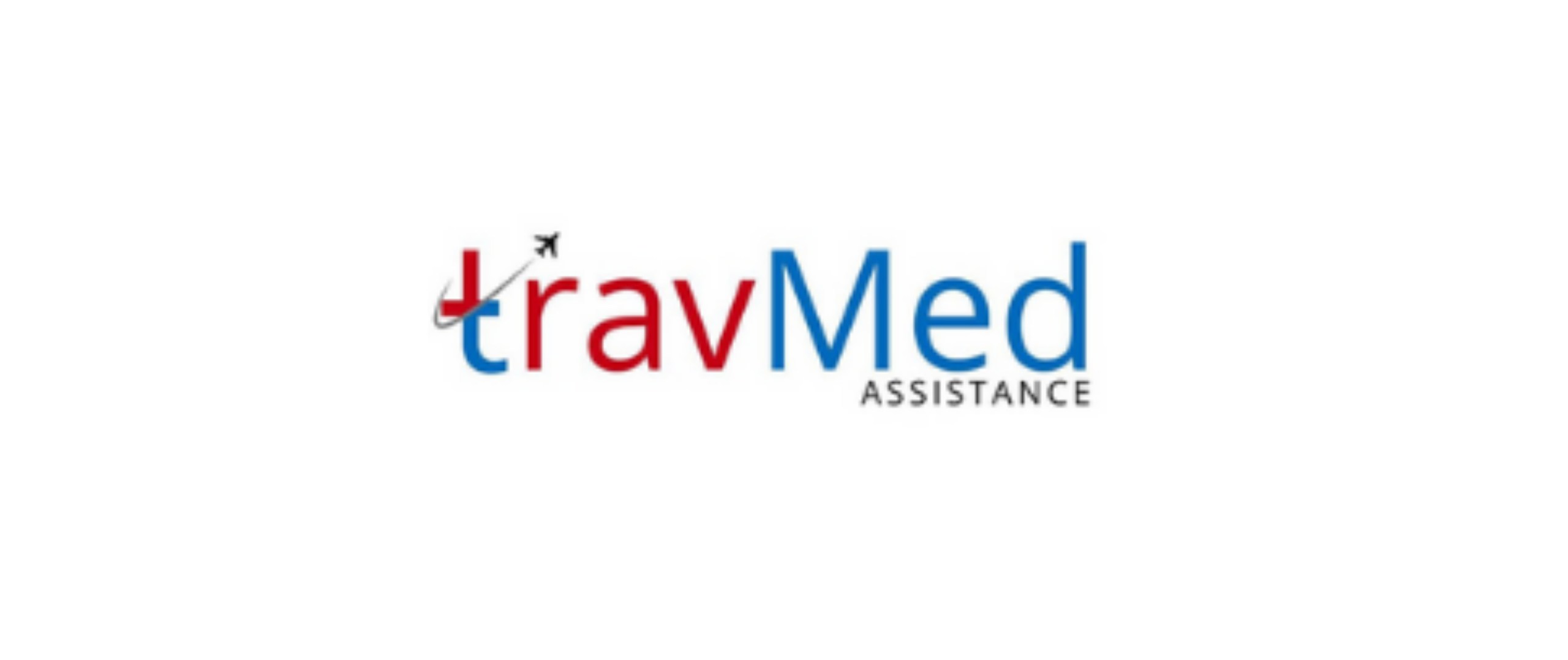
Hotel arrangement for foreigners in Nepal refers to the process of securing suitable accommodation for international visitors during their stay in the country. This service encompasses finding and booking appropriate hotels, guesthouses, or lodges that meet the specific needs and preferences of foreign travelers. It involves considering factors such as location, amenities, budget, and cultural sensitivities. Hotel arrangement services often include negotiating rates, confirming reservations, and ensuring that the chosen accommodations comply with Nepal’s tourism regulations. These arrangements can be made for individual travelers, groups, or as part of larger tour packages. The service aims to provide a comfortable and hassle-free stay for foreigners, allowing them to focus on exploring Nepal’s rich cultural heritage and natural beauty.
Who provides hotel arrangement services?
In Nepal, hotel arrangement services for foreigners are provided by a diverse range of entities. Travel agencies and tour operators are primary providers, offering comprehensive packages that include accommodation bookings along with other travel services. Online travel platforms and booking websites have also become popular, allowing travelers to make their own arrangements. Many hotels and resorts in Nepal have dedicated booking departments that cater directly to foreign guests. Additionally, specialized accommodation services and local travel consultants offer personalized hotel arrangements. Government tourism offices and Nepal Tourism Board sometimes assist with bookings, especially for official delegations or during major events. Trekking agencies often include hotel arrangements as part of their expedition packages. Some embassies and international organizations in Nepal may also help their citizens or members with hotel bookings.
How does the booking process work in Nepal?
The hotel booking process in Nepal typically begins with the traveler or their representative contacting a service provider, such as a travel agency or online booking platform. The requester specifies their preferences, including dates of stay, location, budget, and any special requirements. The service provider then searches for available options that match these criteria. Once suitable accommodations are identified, the provider presents these options to the traveler, often including details about amenities, rates, and cancellation policies. After the traveler selects their preferred option, the provider confirms the booking with the hotel. This usually involves making a deposit or full payment, depending on the hotel’s policies. The service provider then sends a confirmation to the traveler, which includes booking details and any necessary instructions. For direct bookings with hotels, the process is similar but may involve more direct communication with the hotel staff.
What documents are required for hotel arrangements?
For hotel arrangements in Nepal, foreigners typically need to provide several documents:
- Valid passport
- Visa or proof of visa eligibility
- Completed hotel registration form
- Travel itinerary
- Proof of payment or credit card for guarantee
- Trekking permits (if applicable)
- Vaccination certificates (if required)
- Travel insurance details (recommended)
- Booking confirmation from travel agency or online platform
- Identification card (in addition to passport)
- Emergency contact information
Some hotels may require additional documents for specific situations or during peak seasons. It’s advisable to check with the hotel or booking provider for any specific documentation requirements.
How much do hotel arrangements cost in Nepal?
The cost of hotel arrangements in Nepal varies widely depending on several factors. Budget accommodations in less touristy areas can start from as low as $5-$10 per night, while mid-range hotels in popular destinations like Kathmandu or Pokhara typically range from $20-$50 per night. Luxury hotels and resorts can cost anywhere from $100 to $500 or more per night. Trekking lodges in remote areas usually charge between $5-$20 per night. Prices often fluctuate based on the season, with peak tourist seasons (spring and autumn) commanding higher rates. Additional costs may include booking fees, taxes, and service charges. Some arrangements may include meals, especially in trekking areas or all-inclusive resorts. It’s worth noting that many hotels offer discounts for longer stays or group bookings. The cost of hotel arrangement services themselves can vary, with some providers charging a flat fee or a percentage of the total booking cost.
Are accommodations available nationwide?
Accommodations for foreigners are available throughout Nepal, although the type and quality can vary significantly depending on the location. Major cities like Kathmandu, Pokhara, and Chitwan offer a wide range of options from budget guesthouses to luxury hotels. Popular trekking regions such as the Everest and Annapurna areas have numerous teahouses and lodges catering to hikers. Even in more remote areas, basic guesthouses or homestays can often be found. However, in very rural or off-the-beaten-path locations, accommodation options may be limited or very basic. The far western and eastern regions of Nepal generally have fewer tourist-standard accommodations compared to central Nepal. It’s important to note that while accommodations are available nationwide, the level of comfort, amenities, and services can vary greatly between urban and rural areas. In some remote locations, advance booking may be essential, especially during peak tourist seasons.
Can hotels cater to specific foreigner needs?
Many hotels in Nepal, particularly those in tourist areas, are equipped to cater to specific needs of foreign guests. This includes:
- Dietary requirements (vegetarian, vegan, gluten-free options)
- Language assistance (English-speaking staff, translation services)
- Cultural sensitivities (prayer rooms, specific room arrangements)
- Accessibility features for guests with disabilities
- Western-style bathrooms and amenities
- Wi-Fi and international calling facilities
- Currency exchange services
- Tour and travel information desks
- Airport pickup and drop-off services
- Safe storage for valuables
- Laundry services
- Medical assistance or on-call doctors
Higher-end hotels often offer more specialized services, while budget accommodations may have more limited options. It’s advisable to communicate specific needs when making reservations to ensure they can be accommodated.
How reliable are hotel booking providers?
The reliability of hotel booking providers in Nepal varies, but many established companies offer dependable services. Reputable travel agencies and tour operators with a long-standing presence in the Nepalese market are generally considered reliable. They often have direct relationships with hotels and can handle issues effectively. International online booking platforms operating in Nepal usually have robust systems and customer support, enhancing reliability. However, smaller, less-known providers may sometimes face challenges in maintaining consistent service quality. Factors affecting reliability include accurate information provision, timely confirmations, honoring of reservations, and ability to handle changes or cancellations. It’s advisable to check reviews and ratings from previous customers before choosing a provider. The Nepal Tourism Board and Nepal Association of Tour and Travel Agents (NATTA) can be resources for identifying reputable service providers. Using providers registered with these organizations or those recommended by trusted sources can increase the likelihood of reliable service.
Are services available for urgent bookings?
Services for urgent hotel bookings are available in Nepal, catering to travelers with last-minute plans or unexpected changes. Many travel agencies and online booking platforms offer 24/7 customer support to handle urgent requests. Some hotels, especially in major tourist areas, have dedicated staff for handling walk-in guests and last-minute reservations. During off-peak seasons, securing urgent bookings is generally easier due to higher availability. However, during peak tourist seasons or major festivals, urgent bookings can be challenging, particularly for popular destinations or high-end hotels. In such cases, flexibility in terms of location or hotel category may be necessary. Some providers specialize in last-minute deals and can be particularly useful for urgent bookings. It’s worth noting that urgent bookings may sometimes incur higher rates or additional fees. For the most efficient urgent booking service, direct contact with hotels or use of instant booking features on reliable online platforms is often recommended.
How do I access hotel arrangement services?
Accessing hotel arrangement services in Nepal can be done through various channels:
- Online booking platforms (e.g., Booking.com, Agoda, Expedia)
- Travel agency websites or physical offices
- Direct hotel websites or contact numbers
- Nepal Tourism Board’s official website or offices
- Local tour operators in Nepal
- International travel agencies specializing in Nepal tours
- Trekking agencies for mountain region accommodations
- Mobile apps for hotel bookings
- Social media platforms of hotels or travel services
- Airport information desks upon arrival in Nepal
- Hotel booking kiosks in major tourist areas
- Concierge services at upscale hotels for future bookings
For the most comprehensive service, it’s often beneficial to compare options from multiple sources before making a decision.
Are medical facilities available in arranged hotels?
The availability of medical facilities in arranged hotels in Nepal varies depending on the hotel’s category and location. High-end hotels and resorts, particularly in major cities like Kathmandu and Pokhara, often have on-call doctors or small medical clinics on-site. These facilities can handle minor health issues and provide first aid. Some luxury hotels may have partnerships with nearby hospitals for more serious medical needs. In trekking areas, many lodges and guesthouses keep basic first aid kits, but comprehensive medical facilities are usually not available on-site. Hotels in remote areas typically have limited or no medical facilities. However, most hotels can arrange for medical assistance or transportation to the nearest healthcare facility if needed. It’s important to note that for serious medical conditions, travelers may need to be transported to major cities where better medical facilities are available. Travel insurance that covers medical evacuation is highly recommended for travelers, especially those venturing into remote areas of Nepal.
How do I contact hotel arrangement providers?
Contacting hotel arrangement providers in Nepal can be done through several methods:
- Email: Most providers have dedicated email addresses for inquiries and bookings
- Phone: International and local phone numbers are usually available
- Website contact forms: Many providers offer online inquiry forms
- Social media: Facebook, Instagram, and Twitter are commonly used platforms
- WhatsApp or Viber: Popular for instant messaging with providers
- In-person visits: Physical offices in major cities for face-to-face interactions
- Online chat: Some websites offer live chat support
- Mobile apps: Dedicated apps for certain providers or booking platforms
- Skype or Zoom: Video calls for detailed discussions
- Fax: Still used by some traditional agencies
- Postal mail: For formal communications or document submissions
- Through hotel concierge services: For assistance with future bookings
It’s advisable to use multiple contact methods for important communications and to keep records of all interactions.


